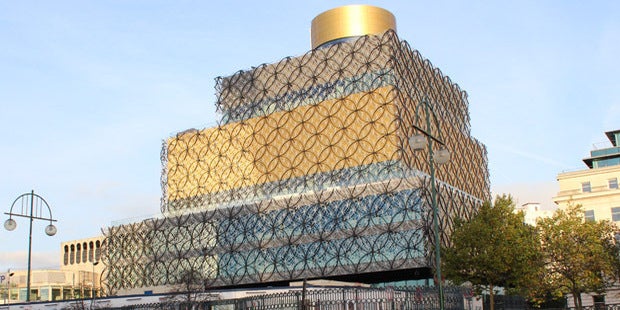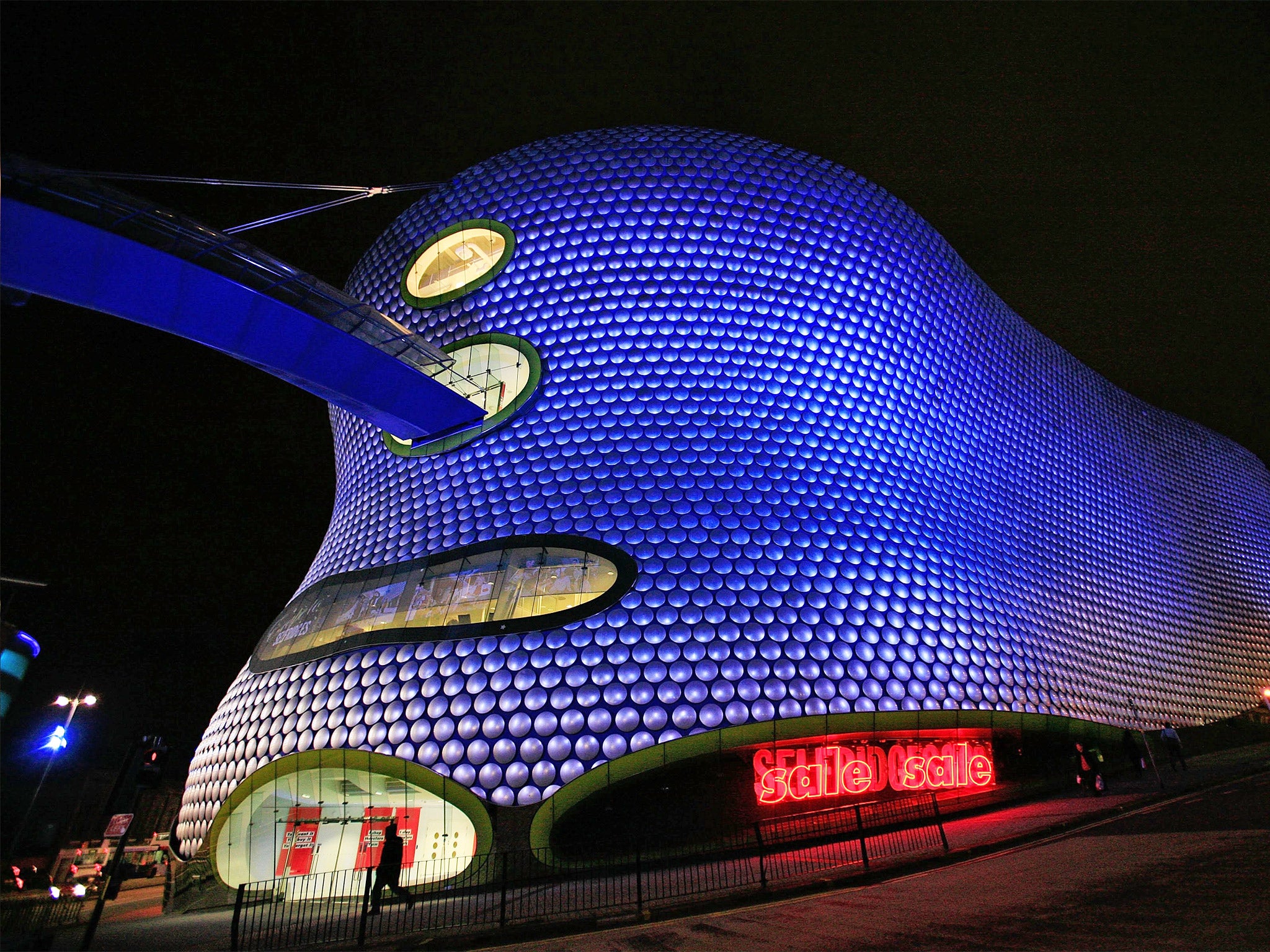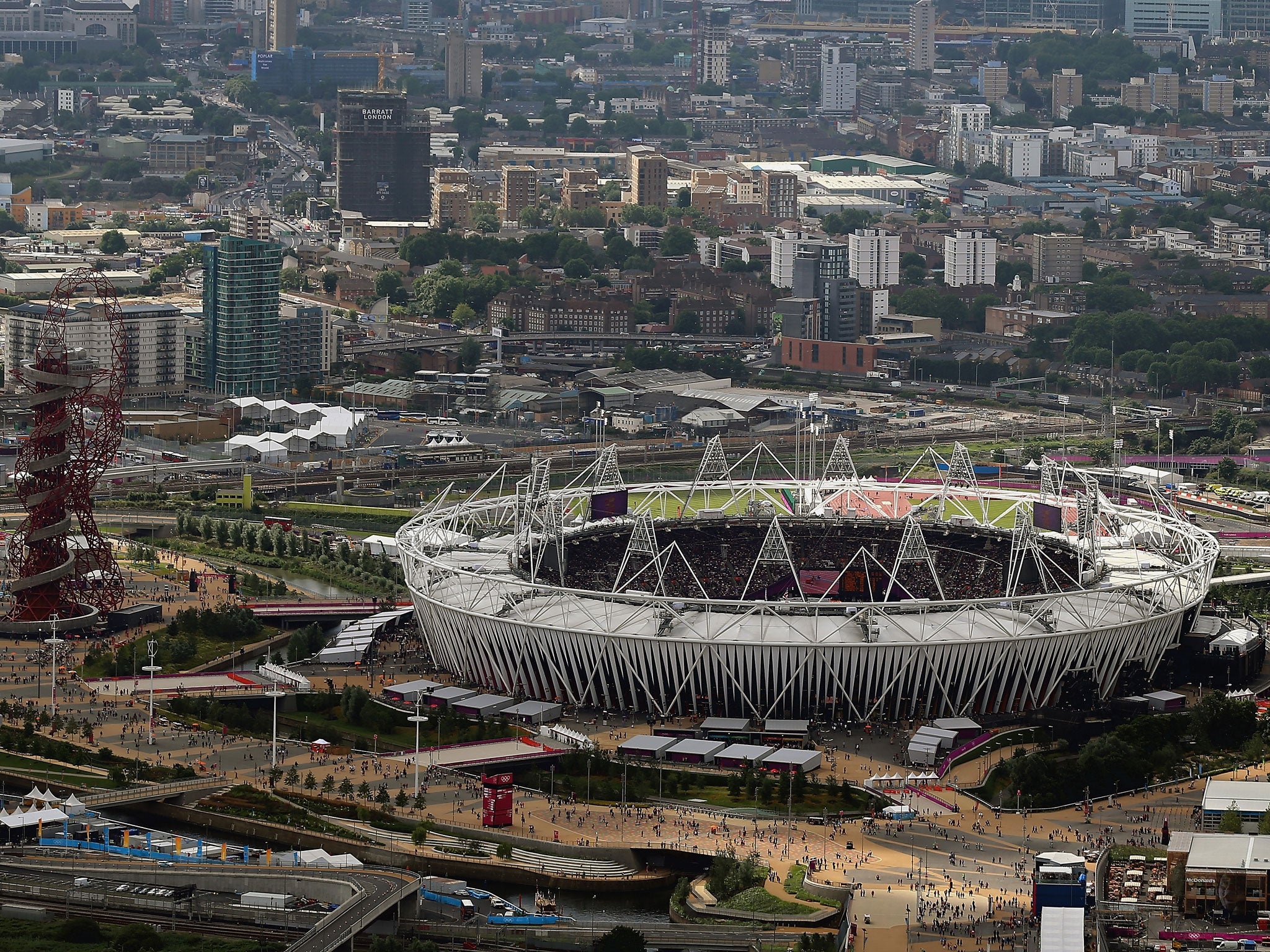Fixing crumbling Parliament is expected to cost taxpayers at least £3bn. Here are 7 places we could house MPs when the builders come in
Birmingham, Manchester and Leeds have all been mooted as potential venues for MPs to relocate, but options closer to home are more likely

Repairing the crumbling buildings of Parliament will cost at least £3 billion, a report is expected to conclude when it publishes its findings later today.
But the cost to the taxpayer could double to £6 billion if MPs opt to remain working in the building while the repairs go ahead and it will take many more years to finish the refurb if they stay put.
An independent appraisal by industry experts will set out the options for refurbishing the building later today, with MPs given the final decision over the fate of the 150-year-old Grade I listed building.
The parlous state of the Palace of Westminster was laid bare in an unprecedented warts-and-all BBC documentary earlier this year, revealing leaking roofs, crumbling walls and plagues of mice, rats, moths and pigeons.
The report itself has already cost the taxpayer £2 million - and that's before any work on restoring the Palace of Westminster has begun.
An initial report three years ago concluded the simplest option would be to "demolish and rebuild" but said this option was not possible because of the historical value of the "Mother of all Parliaments".
The annual bill for general maintenance work reached £48.7 million this year and considering no major repairs have been undertaken since the 1950s, a decision over how the building is saved must be made early on in this Parliament.
So what are the options for restoring the building?
A full evacuation of Parliament is the option that is expected to be recommended by the report, with MPs and peers conducting their work and debates at an alternative venue for several years. This will be the cheapest and most time-efficient option, but MPs are unlikely to want to move out of the historic building.
The question is: where would they decamp to?
1. Birmingham
Moving parliament to Britain's second city would bring the country's elected representatives closer to the centre of the UK and closer to parts of the country that have suffered from the centralisation and domination of London.
Birmingham MPs argue that the city's new library, which was short-listed for the prestigious RIBA Stirling Prize and voted Britain's favourite new building for 2014 in an online BBC poll, would be an ideal location to send out the message that MPs had finally reached the 21st century.

2. Manchester
Relocating to a northern city would cut the costs of accommodating the 650 MPs and 788-odd peers - renting costs and housing prices are much lower and it would cut travelling times for northern, Scottish and Northern Irish MPs.
Possible locations? Media City in Salford would make it convenient for MPs to appear on the airwaves, while Manchester Town Hall would make MPs feel at home with its neo-Gothic architecture, clock tower and the fact it is a Grade I listed building. After all, if it was good enough to film the original House of Cards series and Meryl Streep's Iron Lady, it's good enough for MPs.
3. Leeds
Birmingham is only the centre of England, whereas Leeds is nearer the centre of the United Kingdom, argue those in favour of moving it to Yorkshire's capital.
Manchester has already benefited from decentralised projects such as George Osborne's 'Northern Powerhouse' and the city already has the BBC. Other cities need to be given their time in the spotlight too.
4. Queen Elizabeth II Conference Centre
The most popular venue for relocating MPs is somewhere near to the Palace of Westminster and Whitehall, making it convenient for ministers and officials.
The closest viable venue is the Queen Elizabeth II Conference Centre that sits opposite Westminster Abbey and a stone's throw away from the Palace of Westminster. It was the venue that Tony Blair considered as a new home for the Prime Minister and his team instead of the “labyrinthine network of small offices" of Downing Street.
It has hosted big, set-piece events in the past and is large enough to house 2,500. Its location makes it the most likely of locations for any mass-evacuation of Parliament.
5. Olympic media centre in Hackney
The press centre for the 2012 Olympic Games is certainly big enough - its 1.2m sq ft of space gives ample room for a temporary parliament in Stratford, east London.
It would help sustain the much-talked about Olympic legacy and lend justification to the billions of pounds spent on hosting the 2012 Games.

And if MPs, peers or their staff fancy a quick game of hockey, a swim or a game of tennis, they are in the ideal location considering the venues world class sporting faciilities. They would also be in the ideal place for a spot of shopping - Stratford's Westfield mall is the largest urban shopping centre in Europe.
6. Methodist Central Hall, Westminster
This was the venue where MPs debunked to during the Second World War after bombing damaged the Palace of Westminster. Sitting opposite the Queen Elizabeth Centre, it offers one of the least disruptive options and is close to the machinery of government.
7. A touring parliament
Others argue that the renovation work at Westminster gives MPs a chance to get to know their voters better and prove they are 'in touch' with the real world by touring the country and conducting their debates in different cities and locations each month.
Join our commenting forum
Join thought-provoking conversations, follow other Independent readers and see their replies
Comments